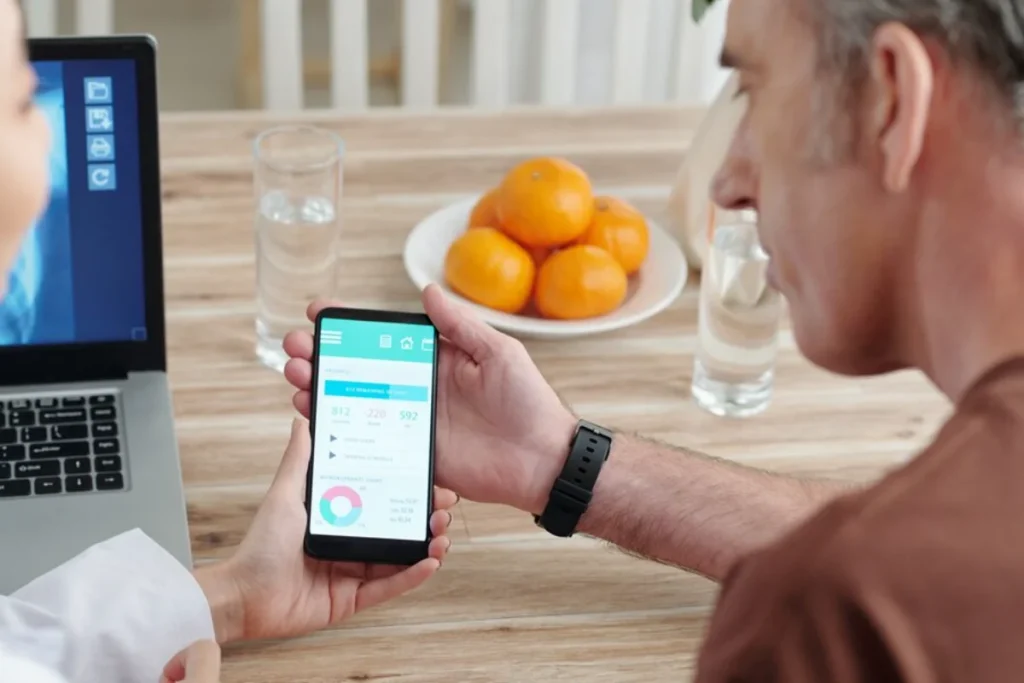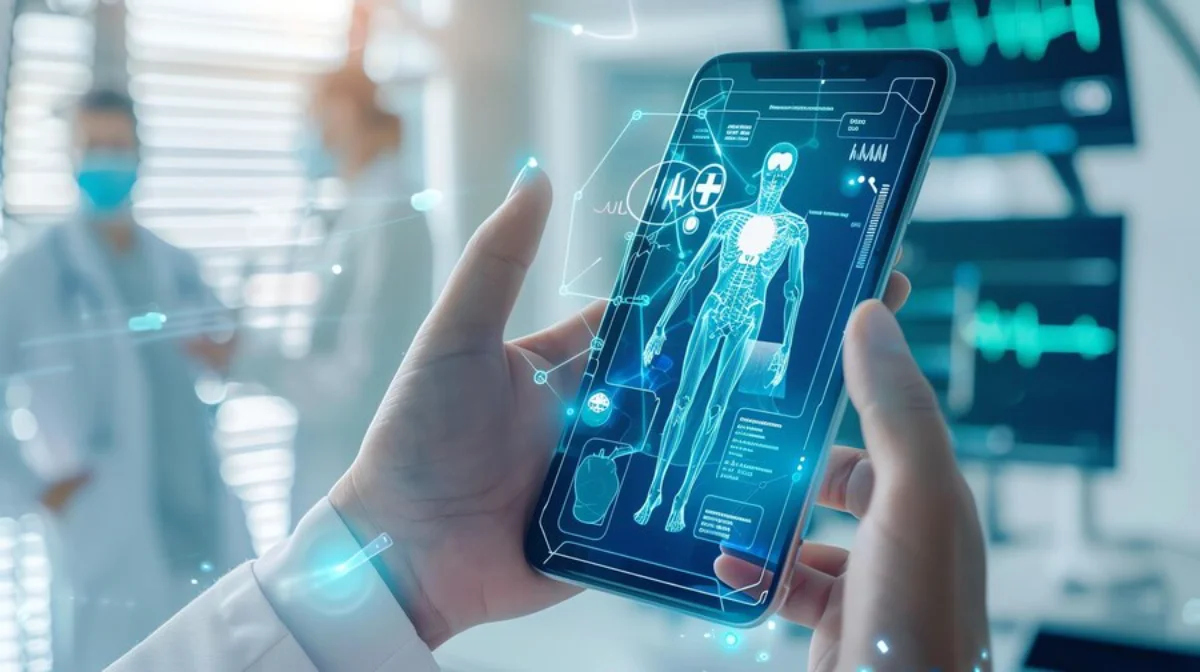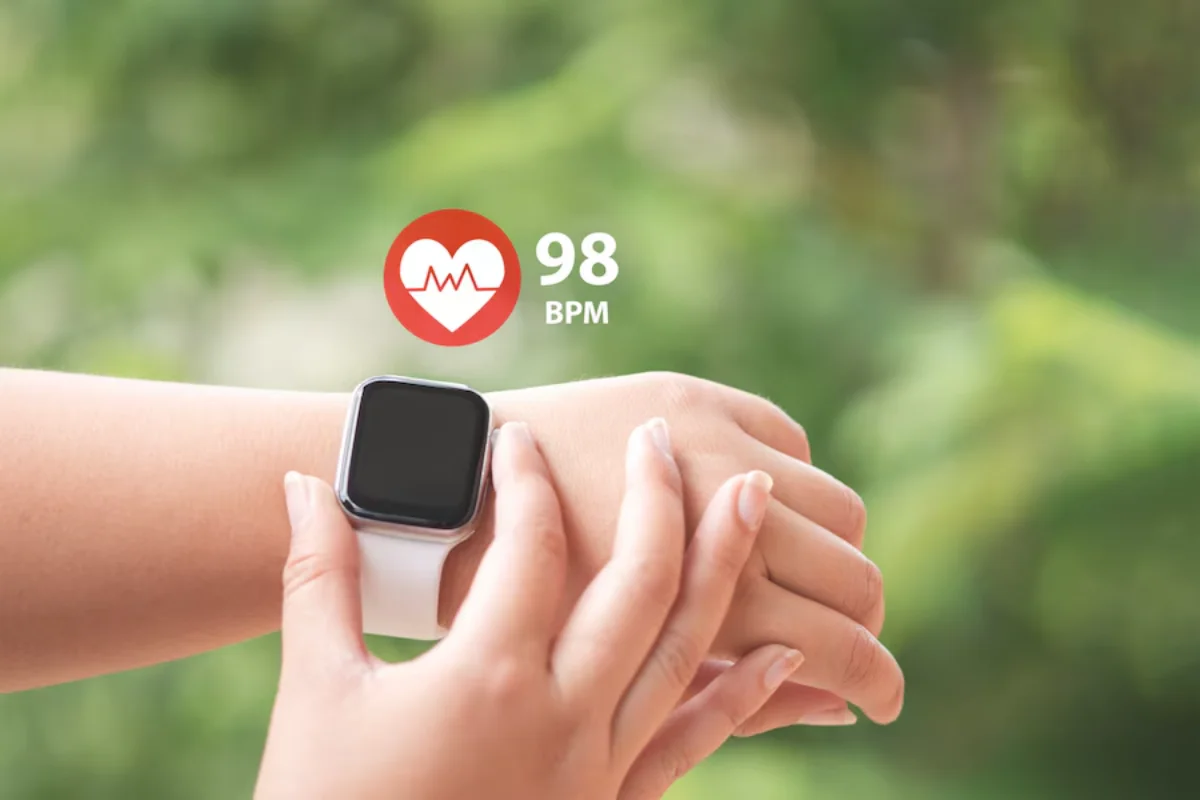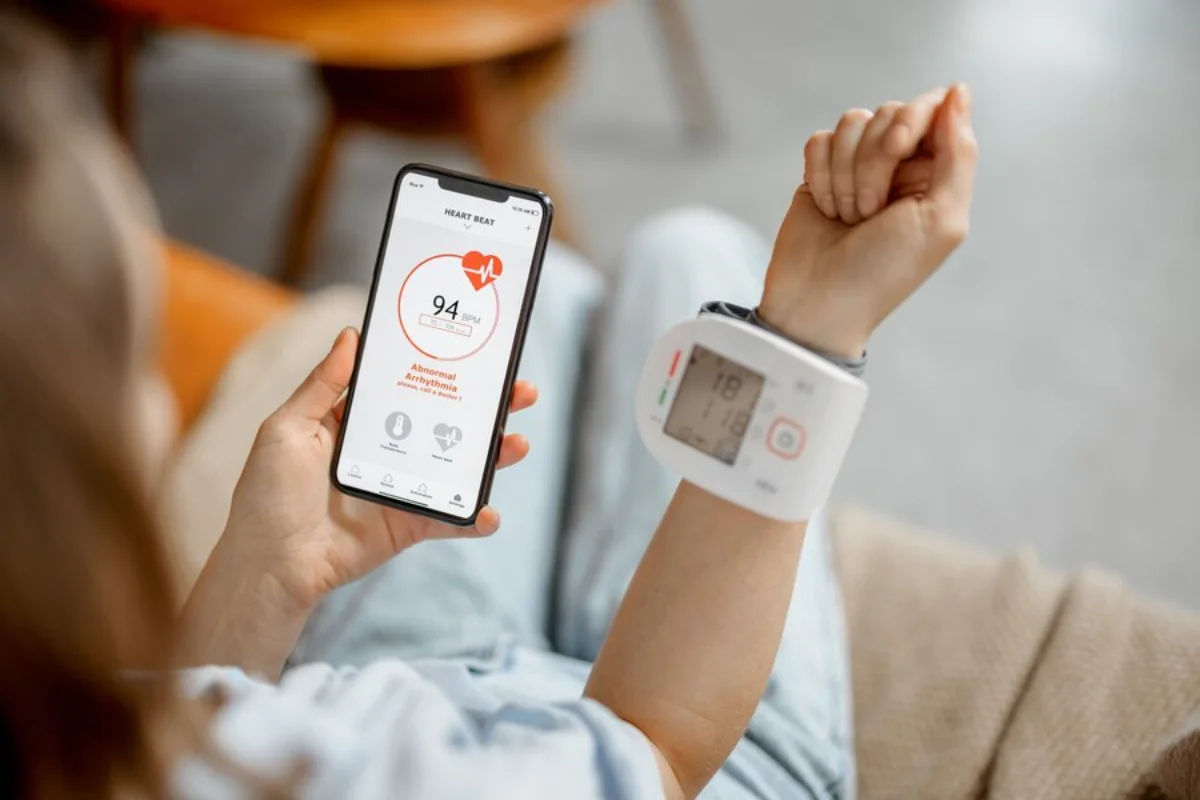The Technology Blog

AI-Powered Healthcare Apps: Are They Reliable?
AI-powered healthcare apps are revolutionising how we monitor our well-being. They empower users with medical advice and support for chronic conditions. Thanks to AI health tracking, savvy apps, and telemedicine advancements, personalised health insights are just a tap away. Users can analyse symptoms and book virtual consultations straight from their smartphones.
Yet, as AI weaves deeper into the fabric of healthcare, one burning question lingers: Are AI-powered healthcare apps genuinely reliable? Can these digital companions accurately diagnose symptoms, recommend treatments, or replace in-person doctor visits?
This article explores the metamorphosis of healthcare apps through AI’s lens. We’ll delve into the benefits and hurdles of these smart medical solutions. Plus, we’ll assess whether AI-driven telemedicine can be trusted for effective health management.

How AI is Revolutionising Healthcare Apps
AI is making healthcare easier to access, more efficient, and driven by data. It uses machine learning, predictive analytics, and natural language processing (NLP) to:
- Monitor vital signs and track health metrics in real-time
- Assist in diagnosing diseases and recommending treatments
- Provide AI-powered virtual consultations through telemedicine
- Analyse patient data to detect early signs of illness
- Help individuals manage chronic conditions more effectively
Innovations are boosting AI health tracking apps and smart medical apps. This helps users take more control of their health.

1. AI Health Tracking: Real-Time Health Monitoring
AI health apps help people track their well-being. They collect real-time data on fitness, sleep, heart rate, and more.
How AI Health Tracking Works
- Wearable devices like smartwatches collect data on heart rate, blood pressure, and activity levels.
- AI analyses this data to identify trends and potential health risks.
- Machine learning models predict changes in health conditions based on past patterns.
- Personalised recommendations are provided to improve health habits.
Are AI Health Tracking Apps Reliable?
- AI can detect trends in health patterns, alerting users to irregularities.
- AI-powered wearables provide early warnings for heart conditions and sleep disorders.
- AI data is not always 100% accurate—external factors (e.g., poor sensor placement) can lead to incorrect readings.
- AI insights should supplement, not replace, medical advice.

2. Smart Medical Apps: AI-Powered Symptom Analysis & Diagnosis
Smart medical apps help users spot symptoms, track illnesses, and sometimes diagnose conditions with AI.
How Smart Medical Apps Work
- Users input symptoms into the app.
- AI compares symptoms to medical databases and provides possible conditions.
- Some apps connect users with doctors for further consultation.
- AI analyses patient history to detect potential health risks.
Are Smart Medical Apps Reliable?
Harnessing the power of AI, symptom checkers swiftly unveil insights from data. Apps like Babylon Health leverage cutting-edge technology to analyse symptoms, linking users with doctors in a heartbeat. However, the precision of AI diagnoses hinges on the richness of available data, which often overlooks rare diseases. Think of AI as your trusty compass, guiding initial screenings, not as a replacement for your doctor’s expertise.
3. AI in Telemedicine: Virtual Healthcare Revolution
AI in telemedicine connects patients and healthcare providers. It offers virtual consultations, remote diagnosis, and chatbots that use AI.
How AI Telemedicine Works
- AI-powered chatbots handle basic medical queries and triage symptoms.
- AI-based speech recognition assists doctors by transcribing patient interactions.
- AI tools analyse medical images & X-rays for remote diagnosis.
- AI enhances telehealth platforms by predicting treatment outcomes.
Is AI in Telemedicine Reliable?
AI slashes wait times, transforming the landscape of healthcare accessibility. With the aid of AI-driven imaging tools, remote diagnoses hit the mark. Yet, the magic of human intuition remains unmatched; intricate cases demand doctors. AI chatbots, while helpful, can stumble without human guidance on symptoms.
Benefits of AI-Powered Healthcare Apps
1. Increased Accessibility & Convenience
AI healthcare apps provide instant access to medical insights without requiring hospital visits.
2. Early Detection & Preventive Care
AI health tracking can detect irregular heart rates, abnormal sleep patterns, and disease symptoms early.
3. Lower Healthcare Costs
AI-powered telemedicine services reduce the need for unnecessary in-person doctor visits.
4. Personalised Health Recommendations
AI learns from user data to provide custom health insights & fitness suggestions.
5. AI-Powered Remote Monitoring
Chronic disease patients can track vitals remotely, reducing hospitalisation rates.
Challenges & Limitations of AI in Healthcare Apps
1. Data Privacy & Security Concerns
AI healthcare apps store sensitive health data, raising cybersecurity concerns.
2. AI Accuracy & Reliability Issues
AI diagnoses can misinterpret rare conditions or lack context on patient history.
3. Ethical Concerns & AI Bias
AI models trained on limited or biased datasets may provide inaccurate results for diverse patient groups.
4. AI Cannot Replace Human Doctors
AI is a support tool, not a substitute for professional medical judgment.
Are AI Healthcare Apps Reliable?
AI-powered healthcare apps are the stars of health tracking, offering swift symptom analysis and virtual consultations. While they provide speedy, convenient, and data-rich insights, these digital aids aren’t flawless; they partner best with human medical expertise.
With an eye for detail, AI health trackers can serve as early warning systems. But remember, nothing beats a good old-fashioned check-up. Smart medical apps lend a hand in diagnosis, yet human validation is key to accuracy. In telemedicine, AI enhances accessibility, though it cannot rival the human touch in intricate cases.
The horizon gleams with promise for AI in healthcare, but as it stands, it serves as a powerful assistant, not a substitute for human caregivers. As technology continues to evolve, AI will increasingly help make healthcare more efficient, affordable, and accessible for everyone.









